Sealing Asphalt Driveway Pros and Cons
Here we share our sealing asphalt driveway pros and cons including what is, its necessity, reasons for and against, best sealers, cost, when, and how often to seal asphalt driveways.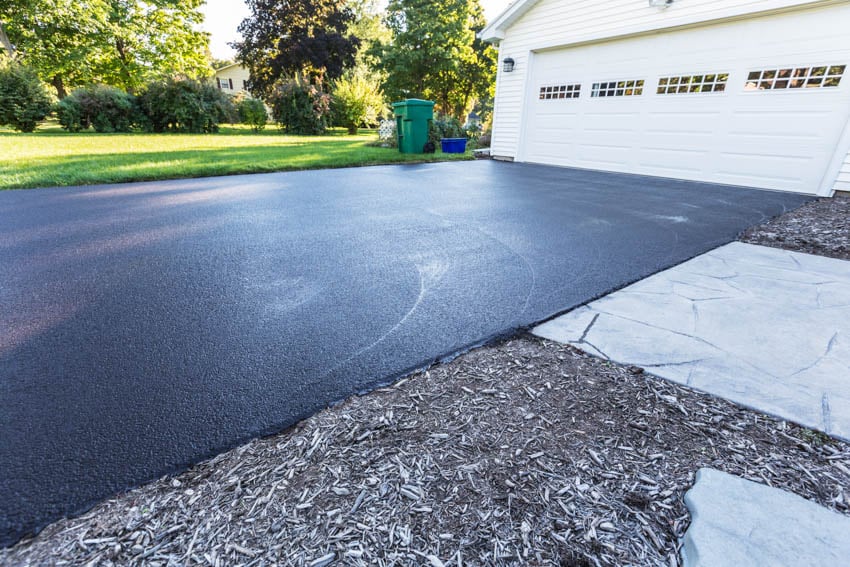
While asphalt’s durability is touted as one reason why it’s a great material for driveways, it’s not invulnerable. When used in an outside driveway, asphalt is exposed to the weather which can cause some wear and tear.
If you live in an area where it snows, the road salt that is commonly used to melt and clear ice and snow build-up can also damage asphalt. Exposure to oil and grease can also cause damage eventually.

Upload a photo and get instant before-and-after room designs.
No design experience needed — join 2.39 million+ happy users.
👉 Try the AI design tool now
One way to protect your asphalt driveway from damage is to apply a layer of asphalt sealcoat.
Guide to Sealing Asphalt Driveways

When a sealcoat is applied onto an asphalt surface, it soaks in and forms a protective barrier that can protect it from the weather as well as other corrosive substances.
Sealcoat also replenishes the oils and binding materials of the asphalt and fills in small gaps in the aggregate. This results in a smoother-looking surface that is nicely shiny and a deeper black than “unprotected” asphalt. Read more about our guide on asphalt vs. gravel driveways here.
Is Sealing An Asphalt Driveway Necessary?
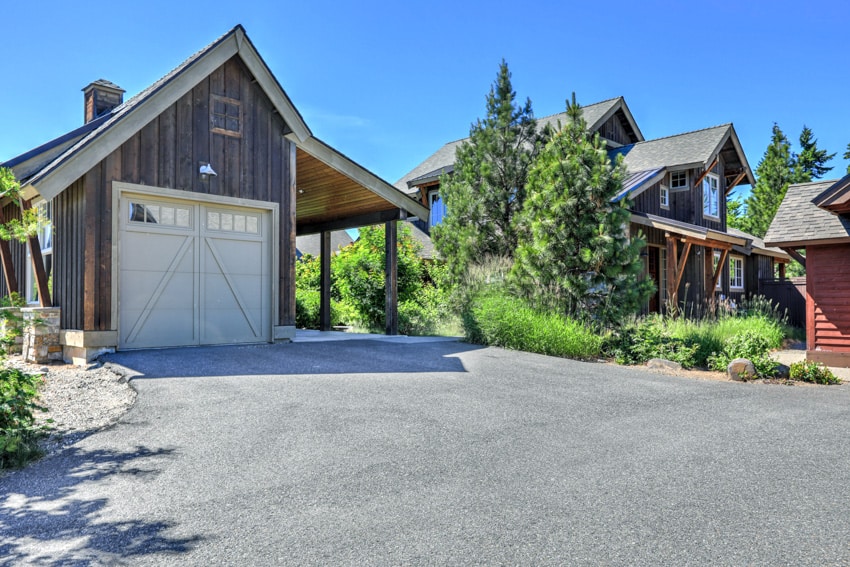
If you want your asphalt driveway to last and maintain its appearance, you will need to seal it.
Sealing Asphalt Driveway: Pros
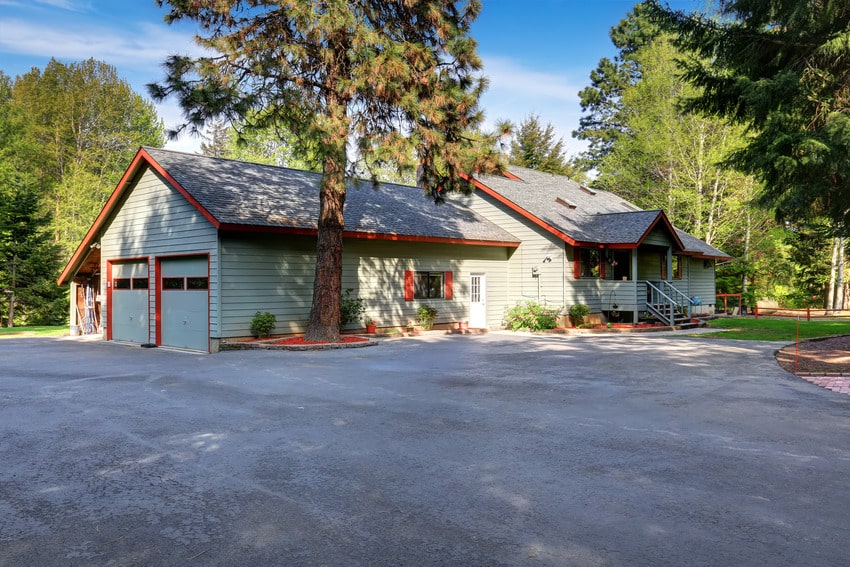
Smoothens And Restores Your Driveway’s Surface
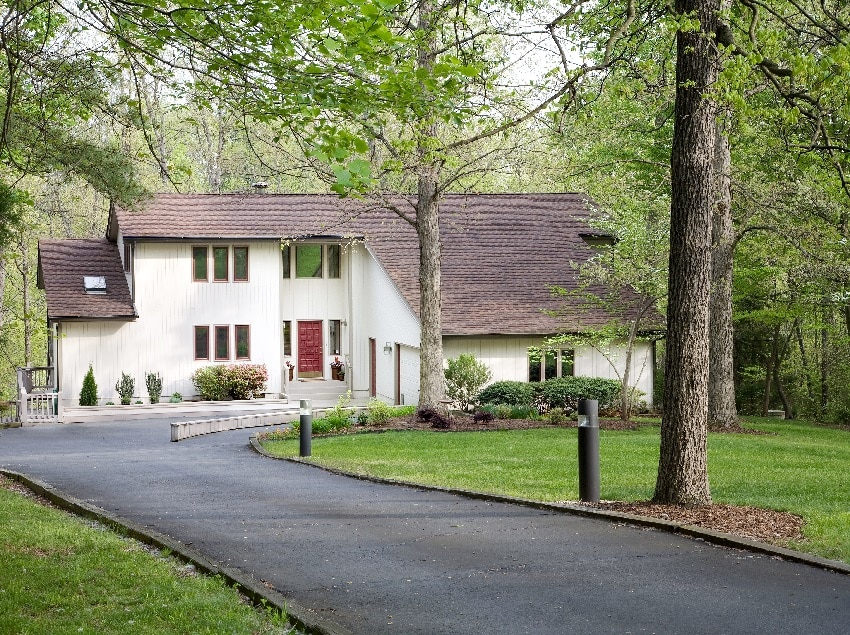
Increases Durability

To protect your asphalt driveway from becoming brittle, dry, and prone to cracking and crumbling, you need to apply sealcoat. This protects the asphalt and allows your driveway to last longer.
Prevents The Formation Of Potholes
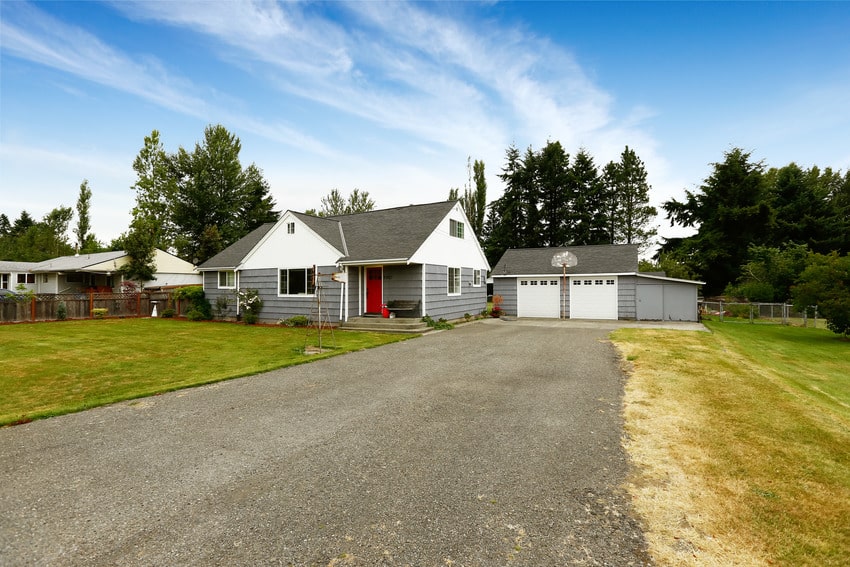
Sealcoating Saves You Money
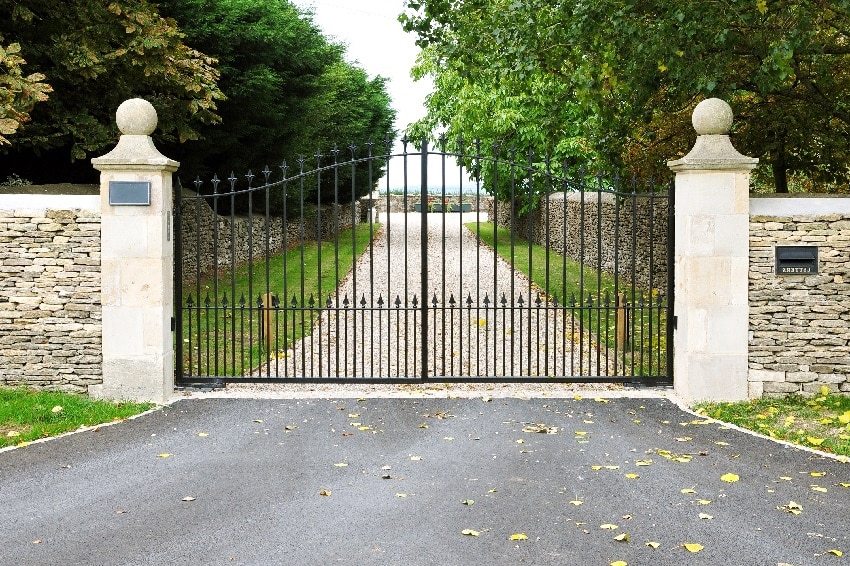
Sealing Asphalt Driveway Cons

Sealcoating Will Be Wasted On Fresh Asphalt
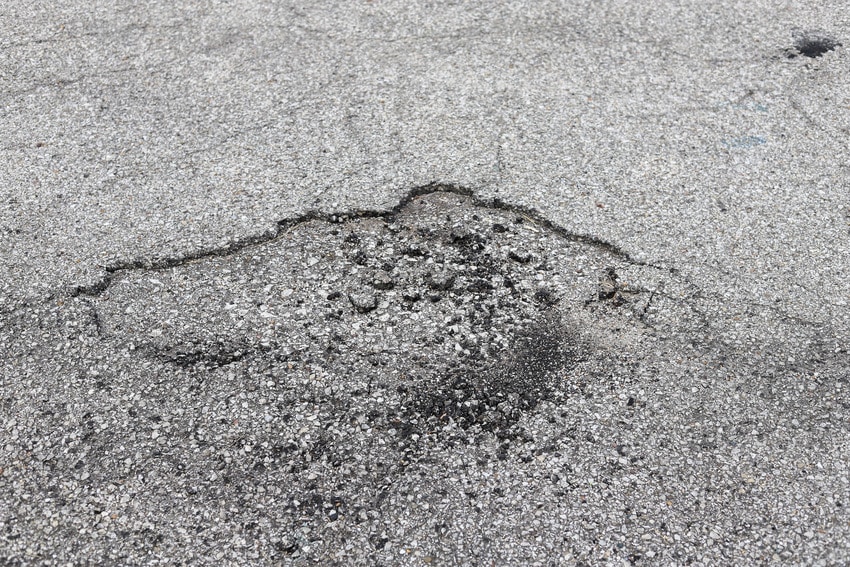
Sealcoating Only Works On New Or Well-Maintained Asphalt

If the damage is too great or the asphalt too degraded, you’re going to either have to lay a new driveway and seal it, or put down some asphalt overlay, cure it, then seal it.
You Will Need To Re-Apply Sealant To Maintain Your Asphalt Driveway
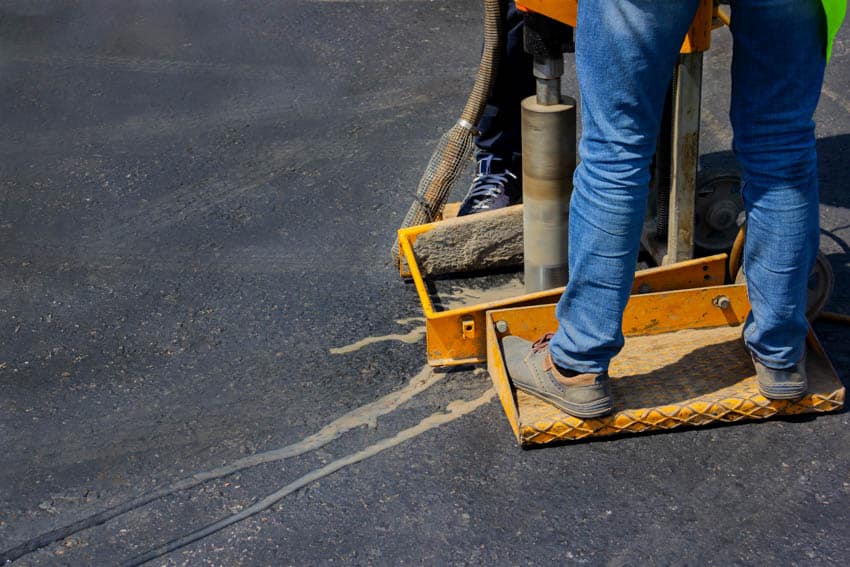
Best Asphalt Driveway Sealers
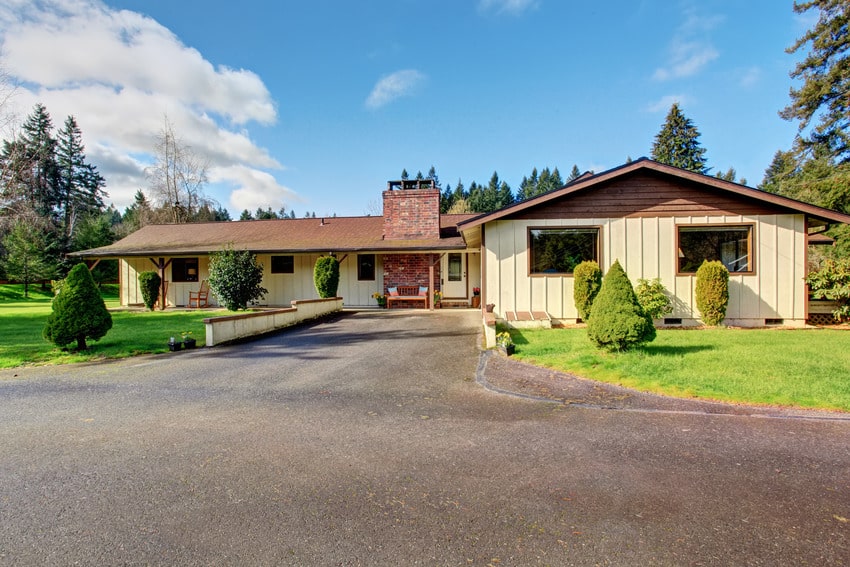
Coal tar: most cost-effective at $0.08-$0.10 per square foot. Holds up well to the elements and blocks UV lights. However, contain high levels of VOCs and is banned in some areas due to environmental concerns.
Asphalt sealer: costs about $0.15 to 0.20 per square foot. Leaves a nice, smooth, black coating on your driveway. Sensitive to the sun and more prone to fading, so you might have to reseal more often if you live in a sunny area.
Oil-based: costs about $0.15 to 0.20 per square foot. Fills some small cracks, but can be difficult to apply.
Acrylic sealer: costs about $0.25 to 0.35 per square foot. Can fill cracks and even some small holes. Last longer than coal tar and asphalt.
Fill and seal: costs about $0.35 to $0.50. Is thicker than the other sealants here, with added aggregate that allows it to fill and repair cracks and holes on the asphalt’s pavement. For old or slightly damaged driveways, this could help restore the surface.
Cost To Seal Asphalt Driveway

The Average Cost To Seal An Asphalt Driveway
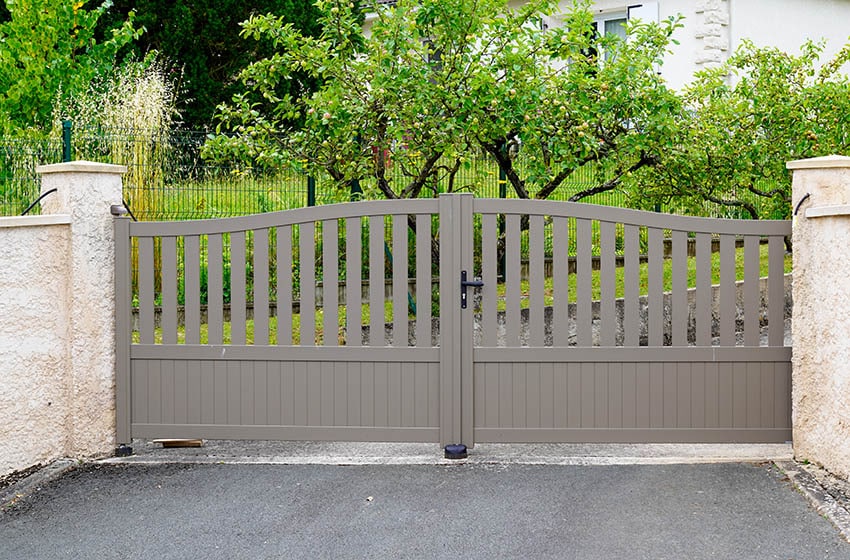
To seal a flat 20×20 foot driveway, the national average is about $355-600. Read more about our guide on the different types of modern driveways here.
When To Seal A New Asphalt Driveway?

Make sure to take the weather into account before sealing your asphalt driveway. Wait till the ground temperature is about 45 degrees Fahrenheit before applying sealant. Also, check the forecast for at least three rain-free days before applying sealant.
How Often To Seal An Asphalt Driveway?







